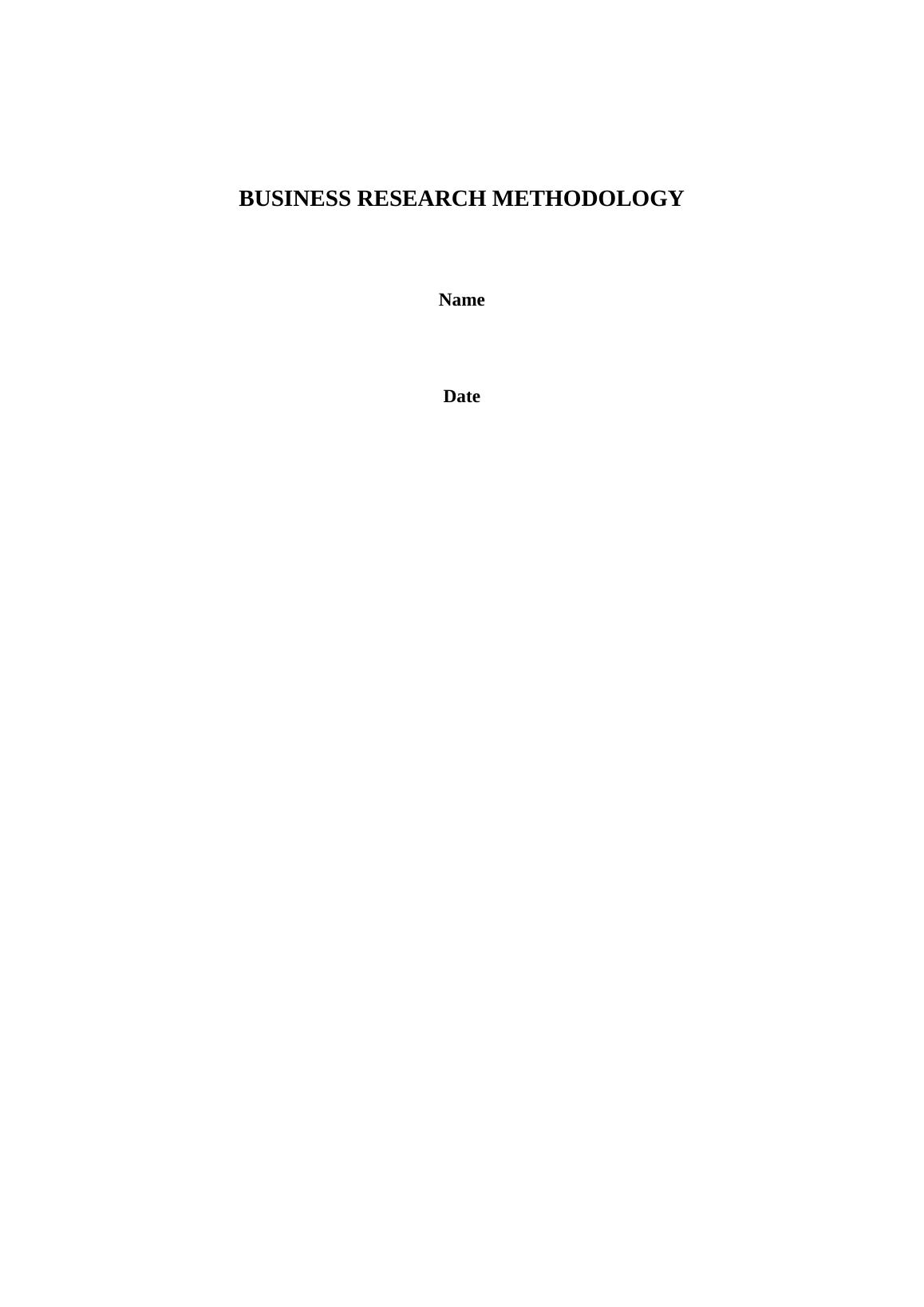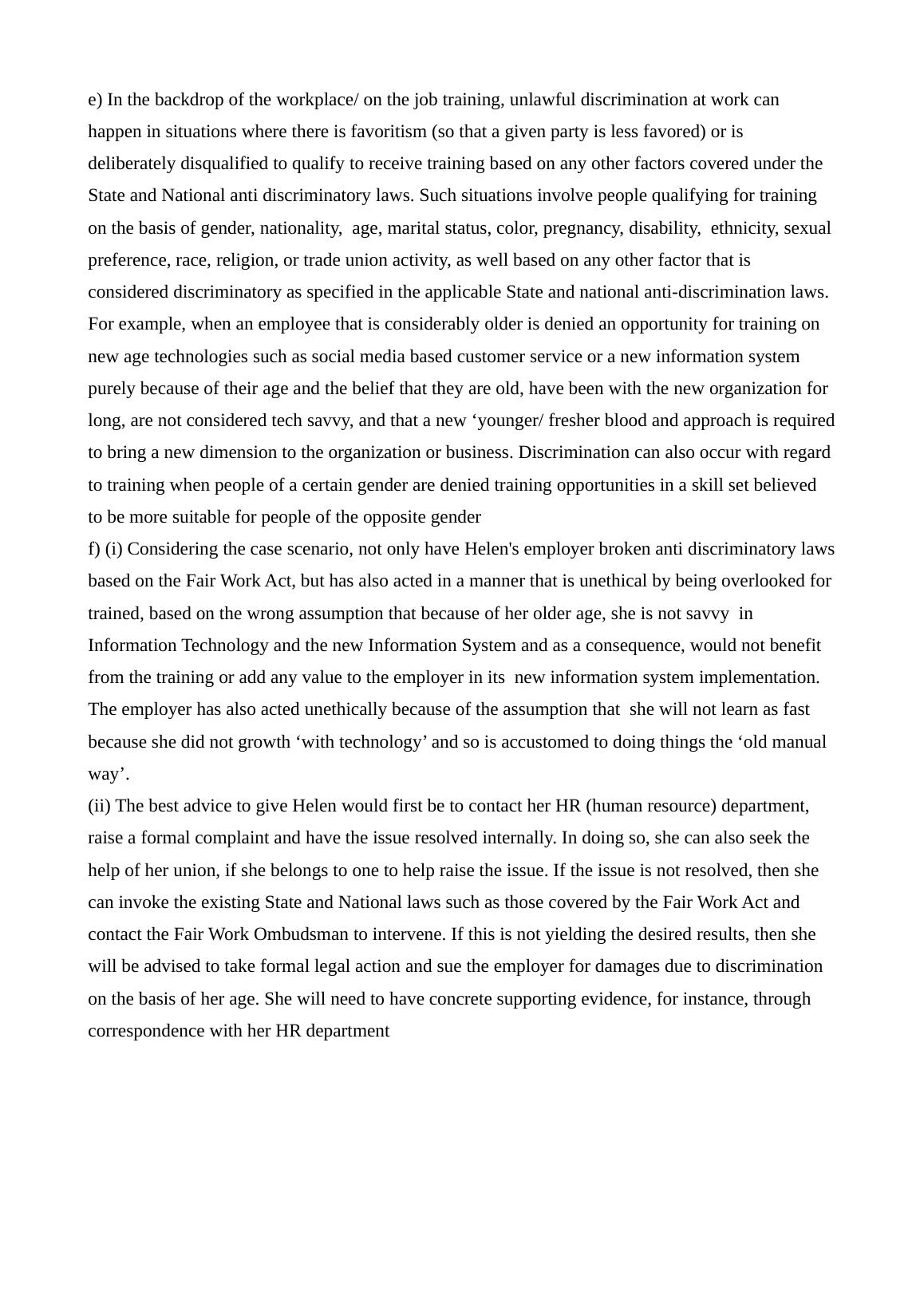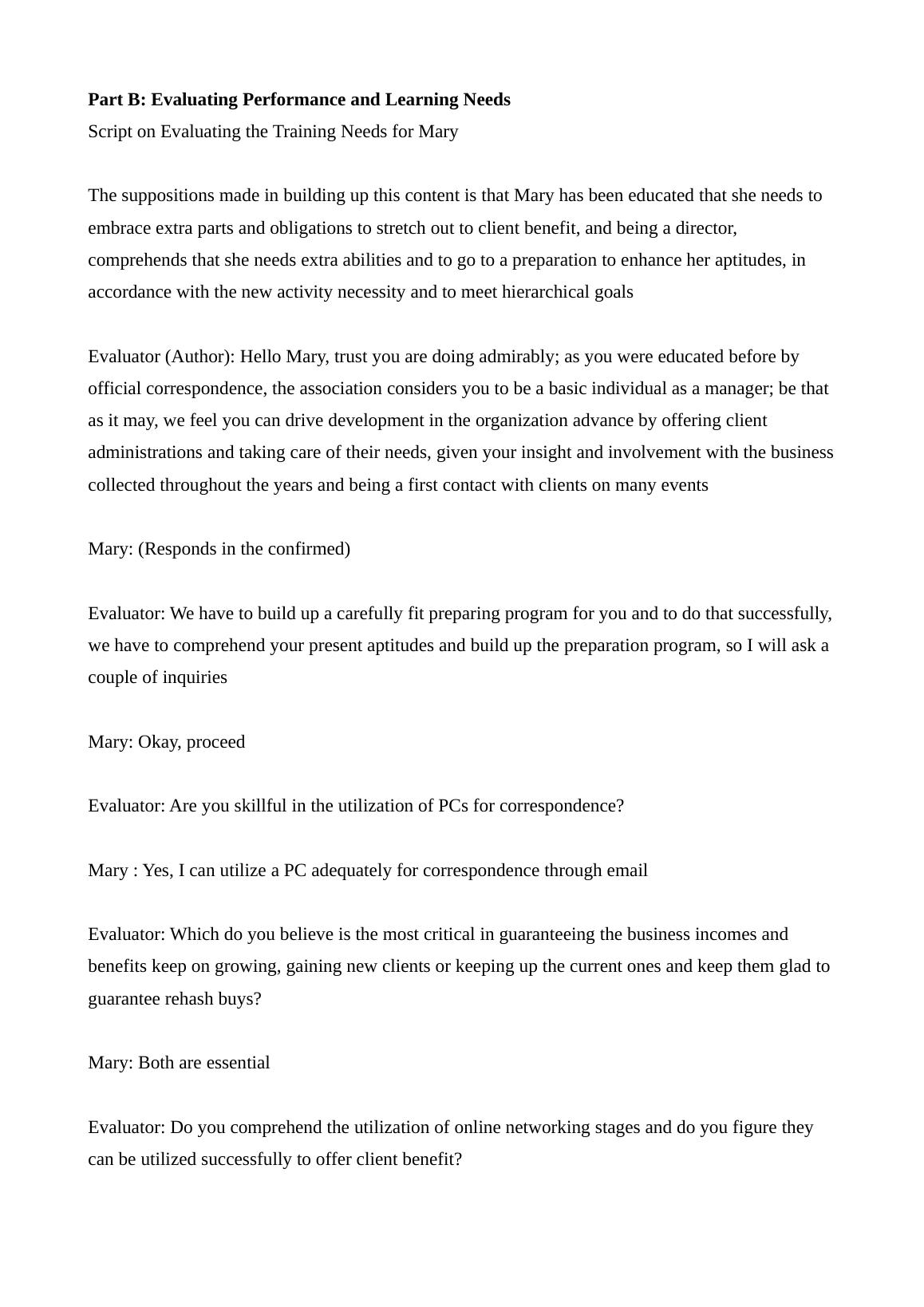BSBSUS301 Implement and Monitor Environmentally Sustainable Work Practices
12 Pages3176 Words70 Views
Implement and monitor environmentally sustainable work practices (BSBSUS301)
Added on 2020-04-15
BSBSUS301 Implement and Monitor Environmentally Sustainable Work Practices
Implement and monitor environmentally sustainable work practices (BSBSUS301)
Added on 2020-04-15
ShareRelated Documents
BUSINESS RESEARCH METHODOLOGYNameDate

Part A: Legislation Report2 a) According to the Australian Human Rights Commission (2017), the Australian Human Rights Commission is the The Commonwealth Body that is responsible for anti discrimination cases that include, but are not limited to age, disability,religion, sex, and any other kinds of discriminationb) The discrimination law titles in the Commonwealth of Australia include;The Australian Human Rights Commission Act, 1986 which is the act under which the Australian Human Rights Commission operates The Sex Discrimination Act, 1984The Disability Discrimination Act, 1992 The Age Discrimination Act, 2004 The Racial Discrimination Act, 1975 The Fair Work Act, 2009 c) Fair Work Act 2009While all employers in Australia are required to adhere to and implement the requirements and stipulations of the Fair Work Act, the responsibility for the administration of the Fair Work Act falls under two bodies; the Fair Work Commission and the Fair Work Ombudsman. The Fair Work Ombudsman is a body of the Australian Commonwealth Government charged with the duty of ensuring that businesses, employers, and business owners comply fully with their designated obligations as designated by the Fair Work Act on employment, and in accordance with any specificState Laws on issues that include the minimum wages (national) and modern awards at the work place. The Fair Work Commission is the other national body which is the national labor relations and workplace tribunal of the Australian Commonwealth; the Fair Work Commission operates as an independent body charged with the responsibility of providing the minimum safety net conditions, making enterprise agreements, the award of national minimum wages, and facilitating good faith collective bargains, according to the Australian Human Rights Commission (2017). d) In the New South Wales State of Australia, the New South Wales Anti-Discrimination Act 1977 isthe preeminent State law that handle issues to do with discrimination at the workplace and the body charged with the implementation of the law is the the Anti-Discrimination Board of New South Wales (NSW) ; the Anti-Discrimination Board of NSW is also responsible for promoting equal opportunity and provides overall administration of the anti discrimination laws. Further, the the Anti-Discrimination Board of NSW also handles any complaints related to the workplace, guided by the NSW Anti-Discriminatory Act, 1977, according to the Australian Human Rights Commission(2017).

e) In the backdrop of the workplace/ on the job training, unlawful discrimination at work can happen in situations where there is favoritism (so that a given party is less favored) or is deliberately disqualified to qualify to receive training based on any other factors covered under the State and National anti discriminatory laws. Such situations involve people qualifying for training on the basis of gender, nationality, age, marital status, color, pregnancy, disability, ethnicity, sexualpreference, race, religion, or trade union activity, as well based on any other factor that is considered discriminatory as specified in the applicable State and national anti-discrimination laws. For example, when an employee that is considerably older is denied an opportunity for training on new age technologies such as social media based customer service or a new information system purely because of their age and the belief that they are old, have been with the new organization for long, are not considered tech savvy, and that a new ‘younger/ fresher blood and approach is requiredto bring a new dimension to the organization or business. Discrimination can also occur with regardto training when people of a certain gender are denied training opportunities in a skill set believed to be more suitable for people of the opposite gender f) (i) Considering the case scenario, not only have Helen's employer broken anti discriminatory lawsbased on the Fair Work Act, but has also acted in a manner that is unethical by being overlooked fortrained, based on the wrong assumption that because of her older age, she is not savvy in Information Technology and the new Information System and as a consequence, would not benefit from the training or add any value to the employer in its new information system implementation. The employer has also acted unethically because of the assumption that she will not learn as fast because she did not growth ‘with technology’ and so is accustomed to doing things the ‘old manual way’. (ii) The best advice to give Helen would first be to contact her HR (human resource) department, raise a formal complaint and have the issue resolved internally. In doing so, she can also seek the help of her union, if she belongs to one to help raise the issue. If the issue is not resolved, then she can invoke the existing State and National laws such as those covered by the Fair Work Act and contact the Fair Work Ombudsman to intervene. If this is not yielding the desired results, then she will be advised to take formal legal action and sue the employer for damages due to discrimination on the basis of her age. She will need to have concrete supporting evidence, for instance, through correspondence with her HR department

Part B: Evaluating Performance and Learning Needs Script on Evaluating the Training Needs for MaryThe suppositions made in building up this content is that Mary has been educated that she needs to embrace extra parts and obligations to stretch out to client benefit, and being a director, comprehends that she needs extra abilities and to go to a preparation to enhance her aptitudes, in accordance with the new activity necessity and to meet hierarchical goals Evaluator (Author): Hello Mary, trust you are doing admirably; as you were educated before by official correspondence, the association considers you to be a basic individual as a manager; be that as it may, we feel you can drive development in the organization advance by offering client administrations and taking care of their needs, given your insight and involvement with the businesscollected throughout the years and being a first contact with clients on many events Mary: (Responds in the confirmed) Evaluator: We have to build up a carefully fit preparing program for you and to do that successfully,we have to comprehend your present aptitudes and build up the preparation program, so I will ask a couple of inquiries Mary: Okay, proceed Evaluator: Are you skillful in the utilization of PCs for correspondence? Mary : Yes, I can utilize a PC adequately for correspondence through email Evaluator: Which do you believe is the most critical in guaranteeing the business incomes and benefits keep on growing, gaining new clients or keeping up the current ones and keep them glad to guarantee rehash buys? Mary: Both are essential Evaluator: Do you comprehend the utilization of online networking stages and do you figure they can be utilized successfully to offer client benefit?

End of preview
Want to access all the pages? Upload your documents or become a member.
Related Documents
BSBLED401 - Develop Teams and Individualslg...
|11
|3096
|65
Management Studies - Australian Human Rights Commissionlg...
|30
|4911
|67
Employee Relation Environment in Australialg...
|12
|1964
|220
Certificate IV Business Administrationlg...
|19
|3675
|15
The Health Services Act 1997lg...
|11
|2789
|50
GOVERNANCE, ETHICS AND SUSTAINABILITY Governance, Ethics and Sustainability Name of the University Authorlg...
|12
|1837
|152
